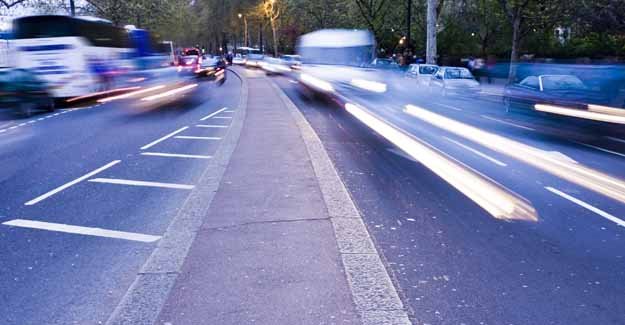The Royal Automobile Club Foundation has welcomed the decision to delay the 2p fuel duty increase as “the only bright spot in a budget that seemingly does nothing positive for the motorist.”
Welcoming the fact that the beleaguered British motorist has been given a short breathing space, Sheila Rainger, Acting Director of the Foundation said: “This sensible decision is the only bright spot in a budget seemingly doing nothing positive for the motorist. But postponing the increase only delays the misery for British motorists struggling to make ends meet. The Chancellor should look again at the idea of a fuel duty stabiliser to protect British motorists from the shocks of the global oil market.”
The cost of fuel has leapt 20% in the last 12 months as the global oil price rises to over $100 per barrel – and any increases in duty would disproportionately affect motorists on low incomes and those in rural areas who are dependent on their cars.
The Foundation believes the motorist should no longer be expected to top up the ‘public purse’ with taxes disguised as environmental considerations, now that the Stern Review has demonstrated that motorists are the only energy users meeting their carbon costs.
“There is no environmental case for higher taxes. Based on the Government’s own figures in the Stern Review, the full cost of the greenhouse gases produced by road transport amounts to no more than 14p per litre. Road users are the only energy users paying the full cost of their carbon emissions; unlike rail or air travellers.”
The Foundation is disappointed there has been no provision for additional spending on improving the UK’s road network considering that both the budget and The Eddington Transport Study have recognised the importance of reducing congestion to develop and maintain the economy.
The RAC Foundation has already highlighted in its Roads and Reality report that by 2041 there will be an 11% increase in population and a 38% increase in vehicle kilometres driven, putting our already overburdened road system under increased pressure.
Rainger added: “The changes we face in future decades have simply not been taken into account. It seems the Government has decided to brush these forecasts under the carpet.”
On the subject of new tax proposals, she said: “Graduated VED has helped consumers choose the most efficient car to meet their needs. As long as new bands inform and do not confuse the customer they will be welcome. The impact of new bands on buying behaviour should be carefully monitored and the thresholds adjusted if necessary.”
Commenting on the first year tax changes, Rainger pointed out: “Measures that make people think carefully about choosing a vehicle that matches their needs are always welcome. However, we believe incentives for choosing a more efficient car are more likely to win the public over than swingeing taxes. The Government should monitor the effectiveness of this tax and be prepared to drop it if it is not working.”
ENDS


